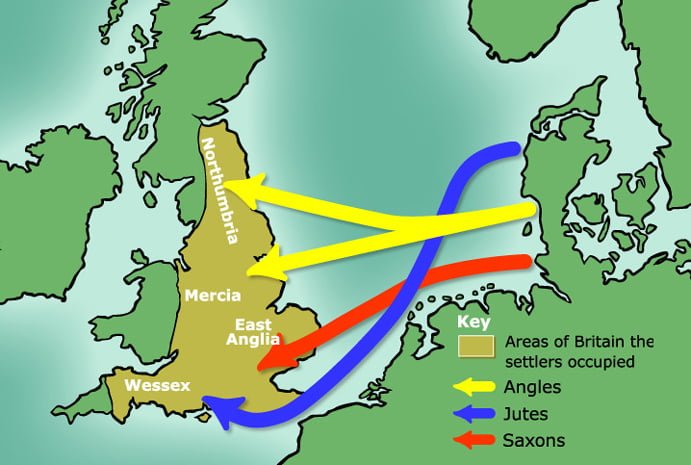At a basic level, the answer to this specific question is yes: as you are learning these specific words, you are presumably learning about the concepts associated with these words. These are (again, presumably) new concepts to you and so you are learning new ways to think about things. But we can also consider the opposite question: Does a limited vocabulary limit what you can think about?
Think about George Orwell’s 1984, for example, and Big Brother’s attempt to limit the proles’ thought patterns by reducing expressive vocabulary to good, plus-good, double-plus-good etc. This is essentially the premise of the Sapir-Whorf hypothesis which is based on some evidence showing that speakers of language lacking certain words think about things differently. You hear reporters and news articles waxing on about it on the TeeVee and in pseudo-science articles, too, such as a 60 minutes story about the Moken tribe in the South Pacific that didn’t have a word for “tomorrow” and so, therefore, didn’t (couldn’t?) think about the future.
The fact of the matter, however, is that these effects are likely overblown. The computer didn’t exist before the word computer, yet someone conceptualized it without the word. Similarly, English doesn’t happen to have a single word for “the pleasure one feels for someone else’s misfortune” whereas the Germans have “schadenfreude,” yet I can genuinely feel this emotion (quite authentically, I might add). And a lot of the research showing these effects of vocabulary generally show an “effect”, i.e. a bit slower or faster to process something, and not an outright new ability or lack of ability to figure something out.
schadenfreude,” yet I can genuinely feel this emotion (quite authentically, I might add). And a lot of the research showing these effects of vocabulary generally show an “effect”, i.e. a bit slower or faster to process something, and not an outright new ability or lack of ability to figure something out.
So what the research has been converging on is that yes, there are very specific ways in which your vocabulary influences the speed or facility with which you process things. Vocabulary is not, however, a “sine qua non” for thought and adding or subtracting words from a language does not limit or expand the range of thoughts you can have, all other things being equal.
Returning to the original question, if you had been taught these logical concepts without the words, your knowledge would have increased just as much, whereas learning the words would have increased your facility with the concepts some small but measurable amount.
Differently put, an expanded vocabulary does not change how you think. It changes what you think about and who you’ll be because of it.







